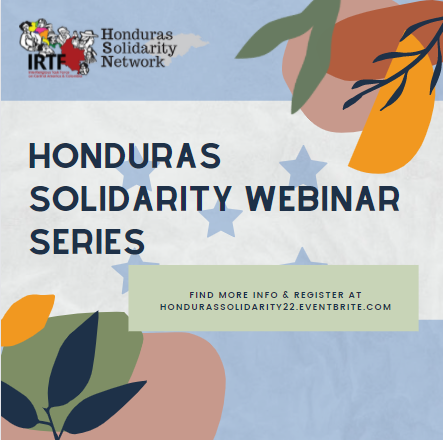Reporting on the human rights situation in Guatemala, the US State Department illustrated worsening conditions and highlighted the role that corruption and impunity have played in the last year. The 2021 Human Rights Report–released on April 12–summarizes and provides examples of what the State Department deems “significant human rights issues” in Guatemala, including the following: unlawful and arbitrary killings; harsh and life-threatening prison conditions; arbitrary arrest and detention; serious problems with the independence of the judiciary; restrictions on freedom of expression, including threats and violence against journalists; interference with freedom of association and organization; and significant corruption.
- Home
- About Us
- Issues
- Countries
- Rapid Response Network
- Young Adults
- Get Involved
- Calendar
- Donate
- Blog

